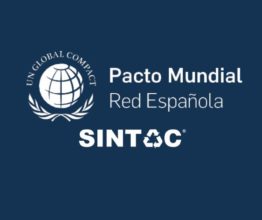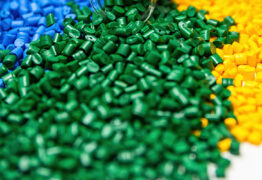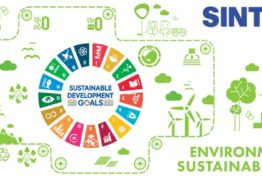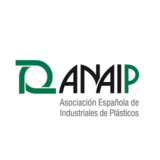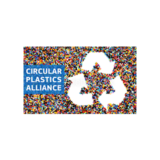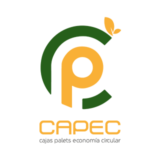Plastics that are NOT recyclable: know which ones can’t be recycled
Plastics are one of mankind’s most important inventions. Since their discovery in the early 20th century, plastics have been present in a wide variety of products and applications, from packaging to automotive parts. The popularity of plastics is due to their versatility, light weight and low cost. However, the excessive use of plastics and their improper disposal has become a major environmental problem. While many plastics are recyclable, there are some types that are not. In this article, we will explore non-recyclable plastics, why they cannot be recycled and what happens to them after they are discarded.
Non-recyclable plastics are those that cannot be processed into new products or materials. Instead, these plastics end up in landfills or incinerators, which can be harmful to the environment and human health. Most non-recyclable plastics do not break down easily, which means they can persist in the environment for hundreds of years.

What are non-recyclable plastics?
Non-recyclable plastics are those that are not accepted by most recycling programmes. These plastics may be difficult or impossible to process due to their chemical composition or because there are no viable technologies to recycle them. Many of these plastics are non-biodegradable, meaning that they cannot be broken down by microorganisms in the environment.
Examples of plastics which cannot be recycled
There are many types of plastics that cannot be recycled. Some of the most common are:
- Espuma de poliestireno EPS (también conocida como “unicel”): This type of plastic is commonly used in food packaging, coffee cups and insulation. Expanded polystyrene cannot be recycled due to its low density and ability to disintegrate into small pieces, making it difficult to handle in recycling facilities.
- Single-use plastics: Single-use plastics include items such as straws, cutlery and food wrapping. These products are often made of low-quality plastics and are not easy to recycle due to their small size and mixing with other materials.
- PVC (policloruro de vinilo): PVC is used in pipes, cladding and many other building products. It is difficult to recycle due to its chemical composition and the presence of additives that can be toxic.
- Biodegradable plastics: Although biodegradable plastics may sound like a good solution to the problem of non-recyclable plastics, in reality they are not a sustainable option. Biodegradable plastics require specific conditions to decompose, which means they cannot be recycled.
- Policarbonato (PC): This type of plastic is found in reusable water bottles, eyeglasses and CD/DVDs. It is difficult to recycle due to the presence of bisphenol A (BPA), a chemical that has been linked to health problems.
- Poliuretano (PU): This plastic is used in furniture foams, mattresses and carpets. It is difficult to recycle due to the lack of recycling facilities that can process it.

Where does the plastic that is not recycled end up?
Plastic that is not recycled can end up in a number of places. Some may end up in landfills, where it is buried in the ground and can take hundreds of years to decompose. Others may end up in oceans, rivers and other bodies of water, causing harm to marine life and the environment. In addition, some non-biodegradable plastics can be incinerated, which emits toxic gases and contributes to air pollution. It is important to reduce the use of non-recyclable plastics and to ensure that they are disposed of correctly when necessary. It is up to us.
Which plastics are the easiest to recycle?
Some types of plastics are easier to recycle than others due to their chemical composition and physical properties. Below are some of the most commonly recycled plastics:
- PET (Polyethylene Terephthalate): is used on beverage bottles, food containers and textiles. It is easy to recycle and is used to make fibers for clothing, carpets, padding, and other applications.
- HDPE (High Density Polyethylene) : It is used in bottles of milk, juices, and cleaning products. It is easy to recycle and is used to make pipes, bags, and other products.
- LDPE (Low Density Polyethylene): it is used in grocery bags, wrappers and some types of bottles. It is easy to recycle and is used to make plastic bags, containers, and other products.
- PP (Polypropylene): used in food packaging , yogurt cups and other products. It is easy to recycle and is used to make kitchen utensils, bags, and other products.

It is important to remember that the ease of recycling depends on the recycling system and infrastructure available in your area. Additionally, it is important to follow your municipality’s recycling instructions to ensure materials are recycled correctly.
